Admission
- Full degree in law, enabling the applicant
to sit the bar exam in the relevant country
- High academic records
- A demonstrated interest in the subject matters of the programme (i.e., internships, summer school, conferences attended, etc.)
- A good background in public international law is strongly recommended
- Proficiency in English and strongly recommended passive knowledge of French (oral and written understanding) or proficiency in French and mandatory high passive knowledge of English (oral and written understanding)
Core courses are taught in English. Exams can be taken in English or French and questions in class may be asked using either language. Students may ask to obtain the LL.M. diploma mentioning the French-English bilingualism if they pass at least two exams in French and write the LL.M. paper in French.
Proficiency in English and strongly recommended passive knowledge of French (oral and written understanding) or proficiency in French and mandatory high passive knowledge of English (oral and written understanding)
Bilingual applicants and applicants who have two years of academic or
professional experience in an English context qualify for a
waiver for the language requirement (please refer to the application
form).
Students whose mother tongue is neither English nor French have to demonstrate proficiency in one of the two languages and passive knowledge of the other by possessing the following minimum requirements:
- For applicants proficient in English: TOEFL scores of 600 in the paper-based test or 100 in the Internet-based test; minimum overall IELTS score of 6,5; or a Cambridge Advanced Certificate, grade B. Furthermore, they are expected to possess a sufficient passive knowledge of French; if they don't possess this skill, they are encouraged to take French courses before coming to Geneva and during their period of residence
-
For applicants proficient in
French: a minimum level of skills of DALF C1 and a high passive knowledge
of English (22-30 in the reading and listening section of the TOEFL internet
based test)
For more information, click here.


